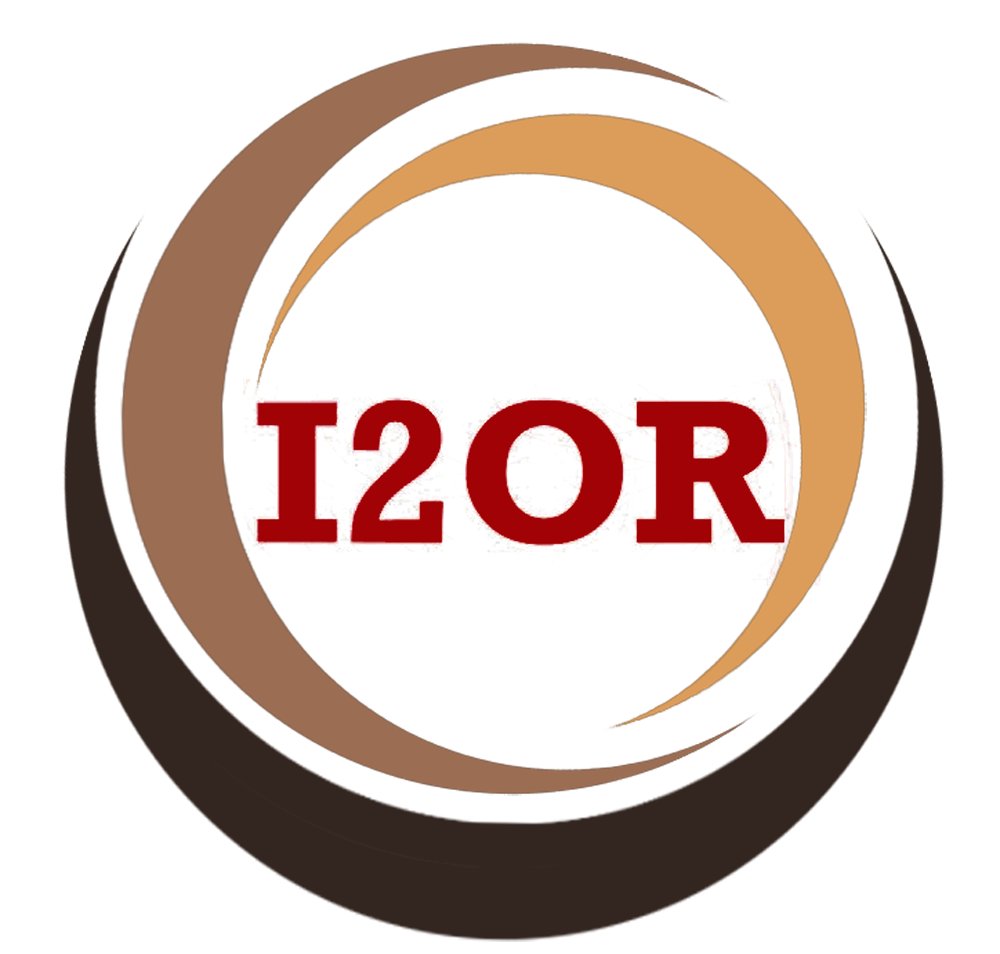Bédard model for a sustainable remote workforce
DOI:
https://doi.org/10.53485/rsu.v6i2.344Keywords:
Bédard model, Sustainable remote work, Organizational transformation, ProductivityAbstract
Organizational Transformation is currently common practice. Due to the pandemic, many countries, including Panama, have legally embraced remote work. This phenomenon has raised several questions, such as: Were organizations prepared for it?. Did the workforce adapt to the new remote management practices? These questions, among others, have emerged and are here to stay for a considerable period of time. Nowadays, they are being questioned by Artificial Intelligence (AI). The philosophy and understanding of remote work within the Bédard Model framework serve as an analytical approach, in line with ergonomics, aimed at sustainable entrepreneurial practices and the green development of human talent. The general objective was to integrate the Bédard Model for a sustainable remote workforce. The methodology, based on a complementary paradigm, encompasses praxeological, epistemological, axiological, and ontological aspects. It involves a non-experimental descriptive field research approach, as well as the use of hermeneutics. The results highlighted the key success of digitalization, as well as various sustainable internal organizational strategies, such as marketing, technological platforms, and green training. The final considerations emphasize the importance of using technology as a work instrument in today's hybrid and sustainable modality to improve productivity. This allows individuals to work efficiently and effectively from anywhere, granting them greater control over their time, responsibilities, and overall work-life quality.







